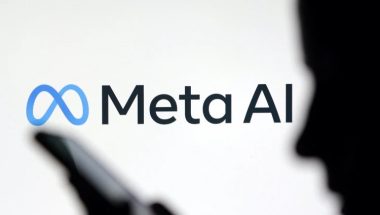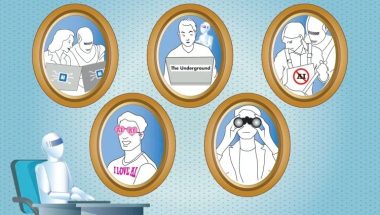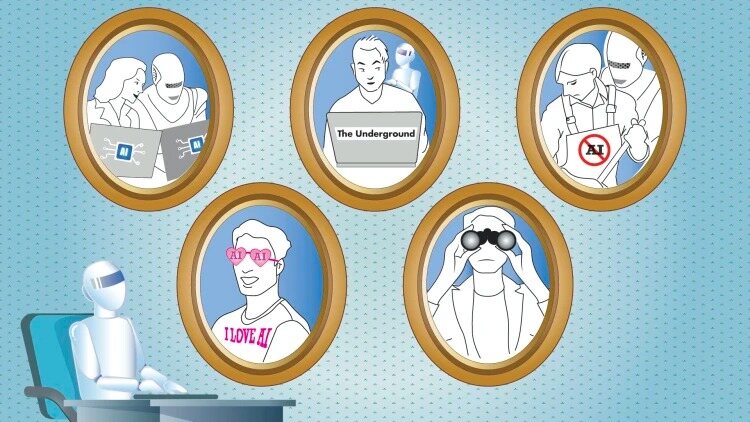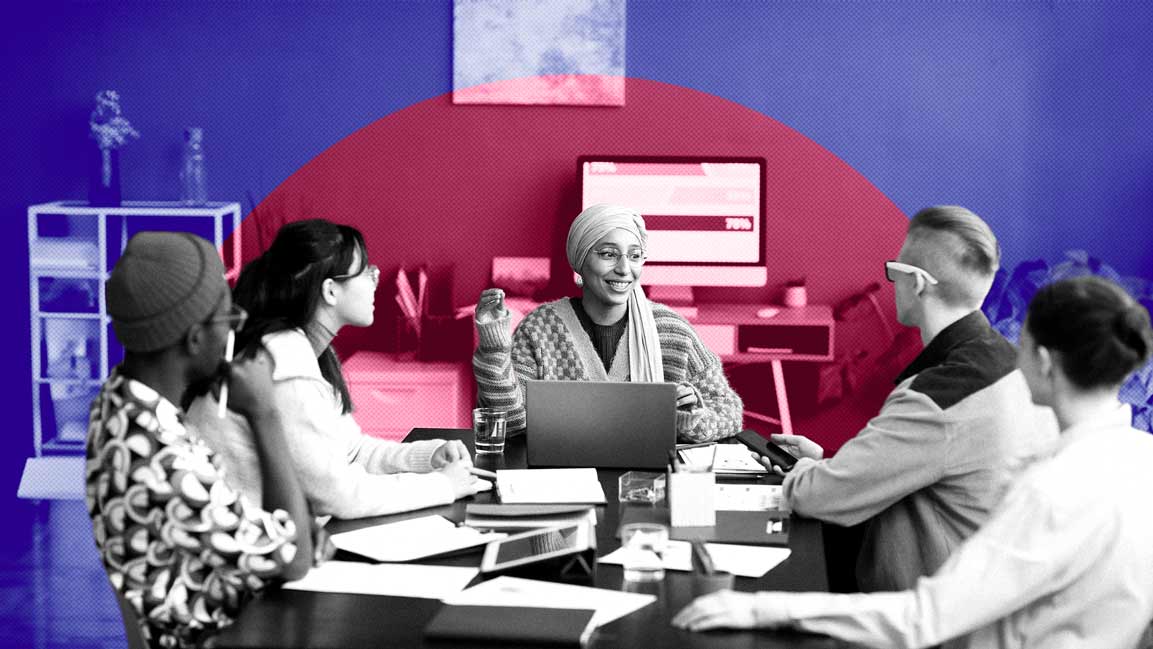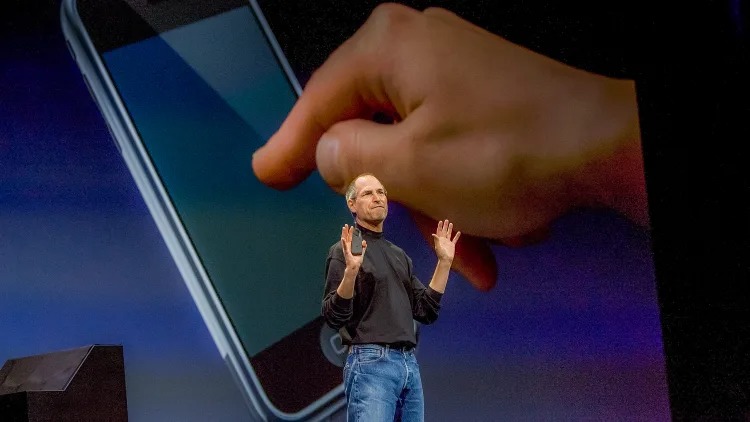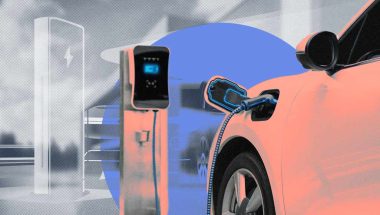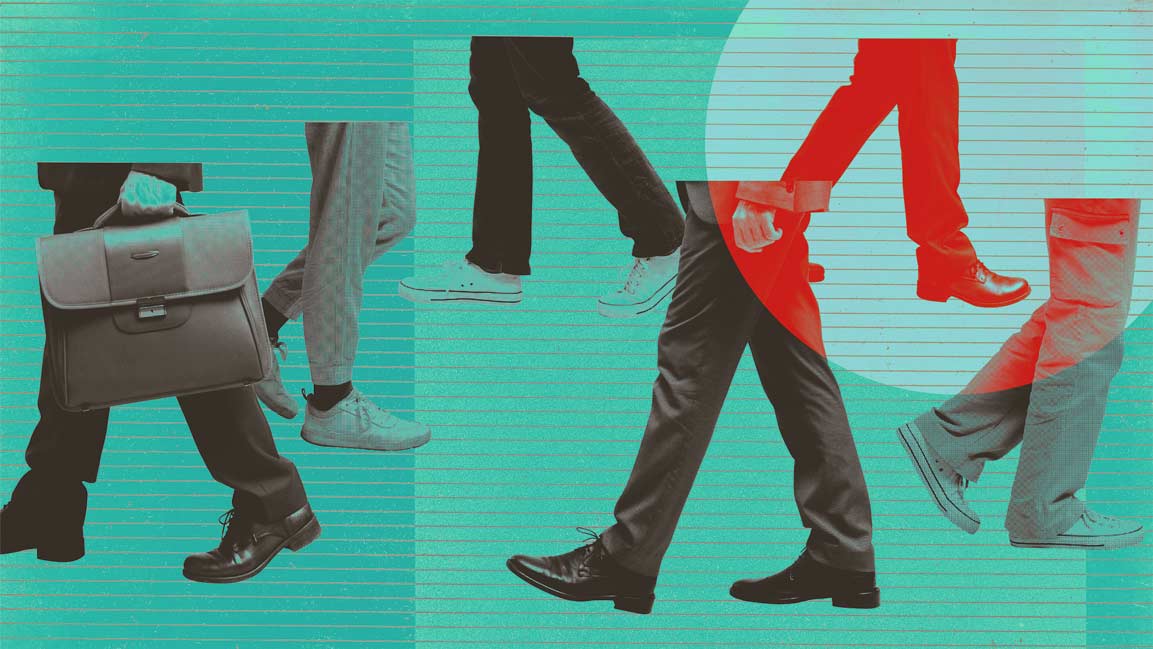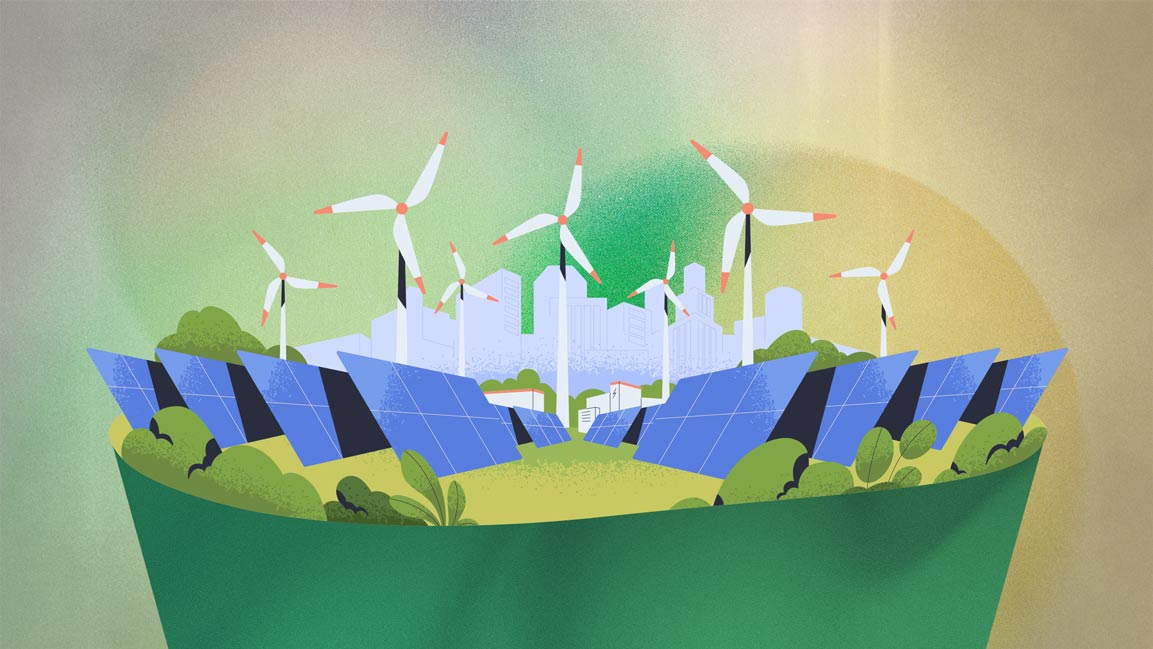- | 12:00 pm
4 ways to ensure everyone on your team pulls their weight
Drawing on the ‘Little Red Hen’ fable, this business professor takes on quiet quitters and ‘free riders’ who have no problem enjoying the fruits of someone else’s hard work.
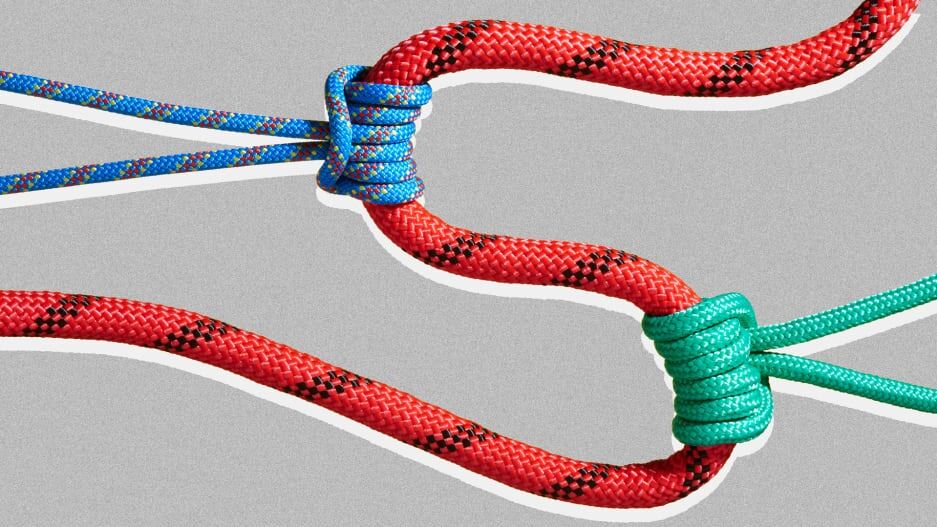
Although not as world famous as Aesop or Hans Christian Andersen, the American author Mary Mapes Dodge wrote many fables during her lifetime. Of these, one of the better known ones is The Little Red Hen. Published in 1874, it tells the story of the titular protagonist who lives in a barnyard with other animals and who, upon finding a grain of wheat, wishes to plant and cultivate it with the goal of turning it into flour to bake bread with. At every stage of the process, the Little Red Hen goes to the other animals of the barnyard (who differ depending on the version of the story, but they usually include a cow, a pig, a cat, a goose, and/or a rat) and asks who wants to help her. At each stage, the other animals all refuse and the hen ends up doing everything on her own until, finally, she asks who wants to eat the bread she has made. Not surprisingly, the other animals are all eager to do so.
While it has been interpreted in different ways, at the heart of the tale is the basic problem of needing the full participation of a team but in which certain members of the team do not wish to pull their own weight. Now, especially, with the trend of “quiet quitting,” which gained momentum in 2022 and may continue into 2023, teams may find themselves increasingly frustrated with how some people try to coast along on the efforts of others. This is often called the free rider problem. Fortunately, there are ways to address it so that the hardworking members of a team are not left, as the Little Red Hen is, to do all the work alone only to have the free riders unfairly share credit.
First and foremost, if you ever find yourself in the situation of the hen in the story, you can’t just passively accept the refusal of others to take on their fair share of work—whether the refusal is direct and explicit or indirect and subtle. For various possible reasons, such as wanting to avoid conflict, conscientious employees often tolerate others’ freeloading or try to address it but do so ineffectively.
I have to admit that I used to contribute to this problem. When students in my classes would come to me complaining about how certain members of their group projects were not contributing, I would tell them that this was a problem mirrored in the professional workplace and that therefore they were just going to have to figure out how to deal with it. However, I have come to realize that this was not a helpful response and have since changed my approach. Yes, it is true that having the ability to manage difficult team members is a useful skill, but should that be part of people’s jobs? Why should those who already work hard also have to shoulder the added burden of managing free riders?
The answers to those questions, respectively, are “no” and “they shouldn’t.” And so here are some strategies to ensure that no one on a group project has to be the proverbial Little Red Hen.
1. ALLOW QUALITATIVE PEER FEEDBACK
Allow everyone who is part of a group project to have a way to share what the other members are doing well and where they need to improve. Nowadays there are online options available to make this process as easy and efficient as possible. As an educator, I am naturally most familiar with the ones geared towards students such as PeerStudio and Peergrade, but there are also platforms intended for work such as Betterworks, CultureAmp, and Officevibe.
2. MAKE INDIVIDUAL INPUTS VISIBLE
Have people “claim” what they are doing and make sure everyone else knows about it. This way, if something is missing or subpar it quickly becomes clear who was responsible for that portion of the work.
3. ENSURE THAT GROUPS AREN’T TOO LARGE
The bigger a project group, the easier it is for any free riders to “hide” and for their lack of contribution to get overlooked. This is especially true when roles are not clearly defined, which is why it’s important for strategies #2 and #3 to be enacted together.
4. HAVE AN ACCOUNTABILITY SYSTEM
While #2 is definitely helpful, it won’t stop free riding by itself. A common assumption is that if free riders are made more aware of how much less they are doing compared to others, then they will do more. I disagree with this logic. In my experience, most free riders know that they are free riding and it is intentional on their part. Everyone in a group will therefore have to help create an environment of mutual accountability. No more picking up the slack for others. We have to be willing to let others screw up and to be held accountable, and being held accountable can include, if all else fails, taking the problem to a manager.
Interestingly, free riding actually increases the closer groups are to the end of their projects. The thought is that everyone is working harder to meet the deadline, so people might feel more entitled to give themselves a little bit of a break. While perhaps understandable, this is still an unfair and unacceptable situation if everyone else is still doing their part. And so whatever system of accountability is being used needs to be maintained until the very end. Resist the temptation to just give in and share the “bread” freely, thinking that this would be easier than having to argue with people or listen to them complain. You would not be helping anyone in the long run by doing this.
Putting these strategies into practice certainly won’t be easy. But group projects are challenging by nature, and mutual visibility and accountability is simply part and parcel of that. The moral of The Little Red Hen has often been interpreted as being about the importance of helping others. That is true, but it’s also about the need for visibility and accountability. This is shown in the way she clearly asks everyone at each stage of baking the bread who will help, forcing the free riders to visibly answer, ‘Not I.” Aim for this kind of visibility in your own project groups using the strategies mentioned. Be like the Little Red Hen who doesn’t reward free riders with the fruits of her own labor. Instead, when the other animals brazenly state that they’re going to eat the bread she has made, she says, “No, you won’t. I will.”
Be willing to do that. Be willing to say, “No, you won’t.”










